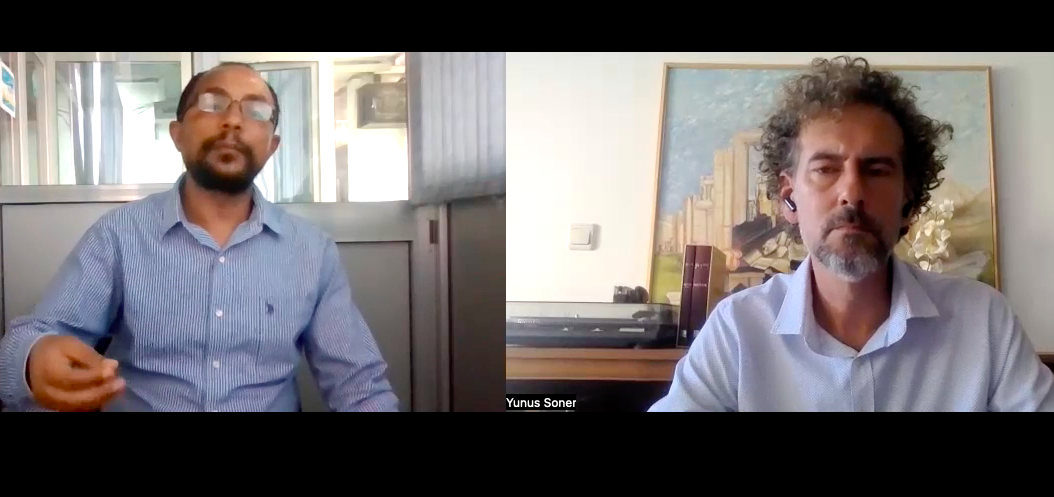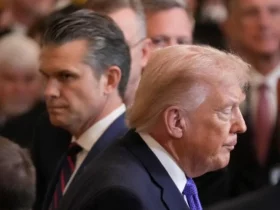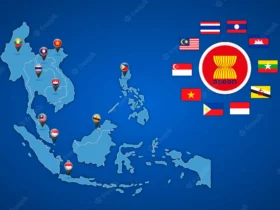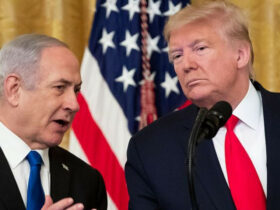The BRICS alliance is going to enlarge in 2024. With a population of more than 120 million the second most populated country in Africa, Ethiopia will be one of the new members.
What are the country’s reasons for and expectations from a membership? We asked these questions to Awad Absulsebur, Deputy Editor-in-Chief of the Ethiopian news agency, the country’s official news agency.
Let me first ask you, BRICS has invited Ethiopia to join the alliance in 2024. How was this announcement received in Ethiopia in both politics and society?
The news was received here in Ethiopia by the population as wonderful. Everybody was happy about it. As a journalist, we have been able to observe the public opinion as well as we have also conducted several interviews with scholars and prominent figures about it and all of them have accepted it as a positive progress because it is an important bloc that provides support to expedite the economic development of Ethiopia.
The Prime Minister has taken part personally at the summit in South Africa. What is the reason why Ethiopia decided to join BRICS? What is Ethiopia’s main expectation from BRICS membership?
As you know, many criticize the current political order as unfair in many terms. For instance, if you take the international balance of power is taken by few members of the global community, and countries are being affected negatively. For instance, Ethiopia has been a victim of unilateral sanctions.
Joining the bloc to reverse “unfair global order”
Ethiopia has also been experiencing several pressures by some members of the international community due to its internal affairs. There are the most few countries in these industrialized countries, or the so-called superpowers have been interfering in the affairs of Ethiopia in several internal issues.
So Ethiopia wants, this is my opinion, to join this bloc in order to reverse this unfair global political order.
It is also important joining this giant block, BRICS, to get adequate finance for the development of the country. Because Ethiopia has not been receiving adequate finance from the World Bank and IMF, they are putting several preconditions and also make extreme restrictions, to put preconditions.
Advancing development with BRICS
What concretely expects Ethiopia economically from BRICS membership and maybe from the new development bank?
Ethiopia is a country with a population of more than 120 million, with immense natural resources, which are very vital to accelerate its economic development in terms of mining, manufacturing, agriculture, among other things. Efforts are also being underway by the government and the people of Ethiopia to eradicate poverty in this country.
So far, we have been achieving positive results in terms of economic development. According to the recent IMF report, the country is expected to grow by 6% this year.
But it has not yet tapped the potential that it has, for various reasons. Some of the reasons I have already mentioned, the lack of international development finance is one reason.
Ethiopia’s foreign trade is also progressing, showing progress. But it has not yet been tapped adequately. If you see the trade balance between Ethiopia and other countries, it is not in favor of Ethiopia, it is in favor of the other countries.
If foreign trade must be expressed in the future. Ethiopia is also suffering from lack of foreign currency.
And also, it needs technological and technological knowledge support from the industrial, industrialized countries or advanced countries like members of the BRICS member countries.
So, Ethiopia can reverse the challenges that it’s facing now by working in collaboration with the member countries in the BRICS. For instance, these financial institutions established by BRICS will provide development finance for development in terms of loans, grants, and other ways.
Strong, united Africa with help from BRICS members
And there is also a stronger representation of African countries. South Africa has already been a member. Egypt is also a member. Ethiopia is a member, will become a member in the next year. So these three will in a way represent the African continent to a stronger degree in multilateral institutions, UN and all the others and Ethiopia takes your lead I think.
You’re right. Ethiopia has a long history in the fight against colonialism. It has helped several African countries in their freedom. Ethiopia also one of the few countries that established the League of Nations. And Ethiopia also promotes Pan-Africanism.
Ethiopia’s aspiration of a united, strong Africa will also be realized with inside collaboration with other African members.
It is a good opportunity for the whole Africa to free themselves from the dependency of Western economies. And the BRICS helped member countries like Ethiopia to make their economy independent of the Western pressures.
My very last question. Now, Ethiopia will be a member next year and there are more countries desiring to join BRICS. What is Ethiopia’s position next year when member towards the amplification towards new members, possible new members joining BRICS?
In my opinion, Ethiopia will promote multilateralism, genuine multilateralism in its activities in the BRICS, and it will also give emphasis to balance the international political order, for instance in equal representation of the whole world at the United Nations Security Council.
Also, the establishment of international finance, a fair and balanced international financial system with focus to the advancement of not only itself but the advancement of the African continent, because Ethiopia is the key actor in the establishment of the African organization of African unity, the former organization of African unity and the current African Union.
The continent is still suffering from several man-made natural causes, for instance there are conflicts in the continent, there is poverty in the African continent.
This interview was conducted on behalf of and first published on TeleSUR.

















Leave a Reply